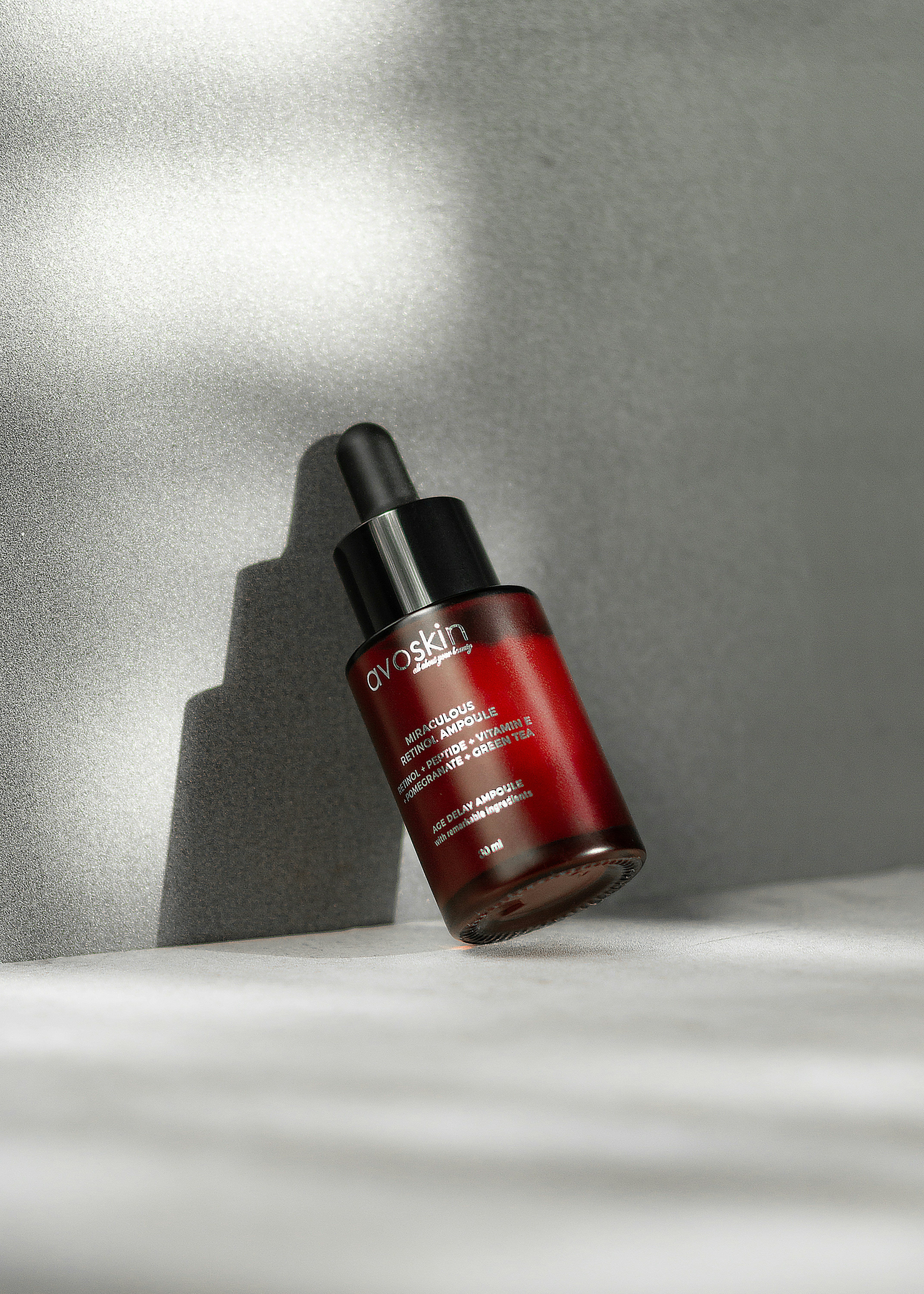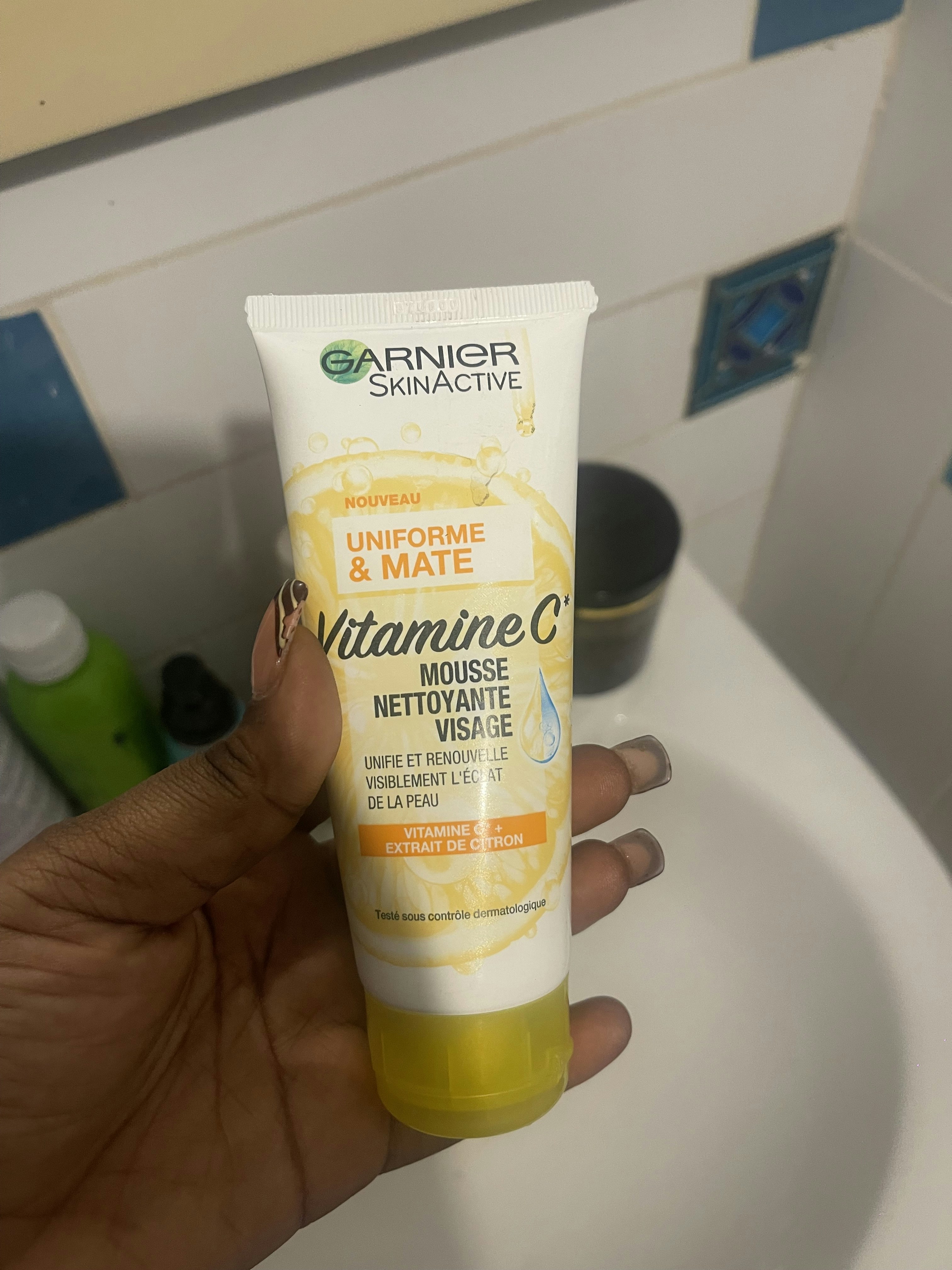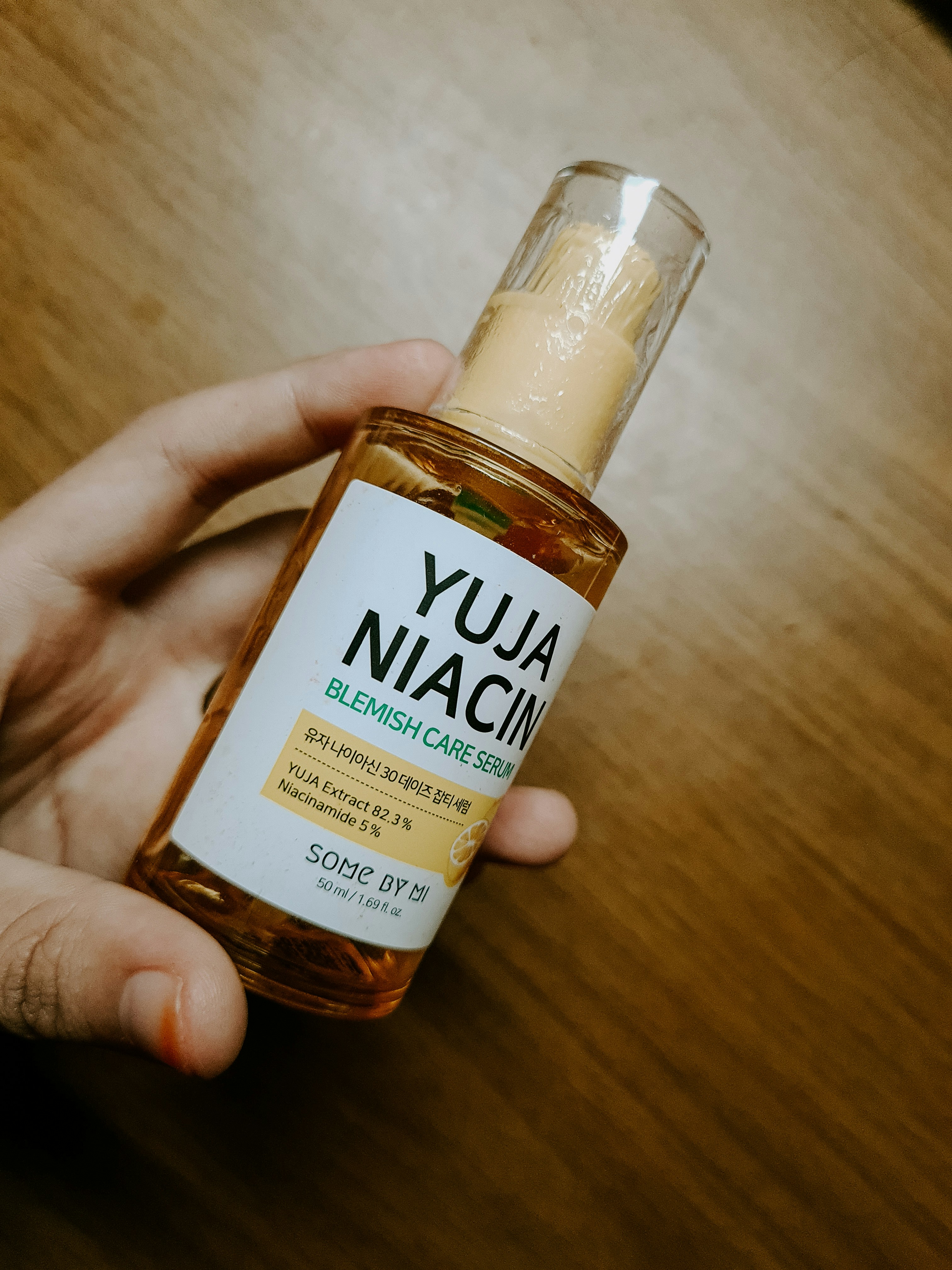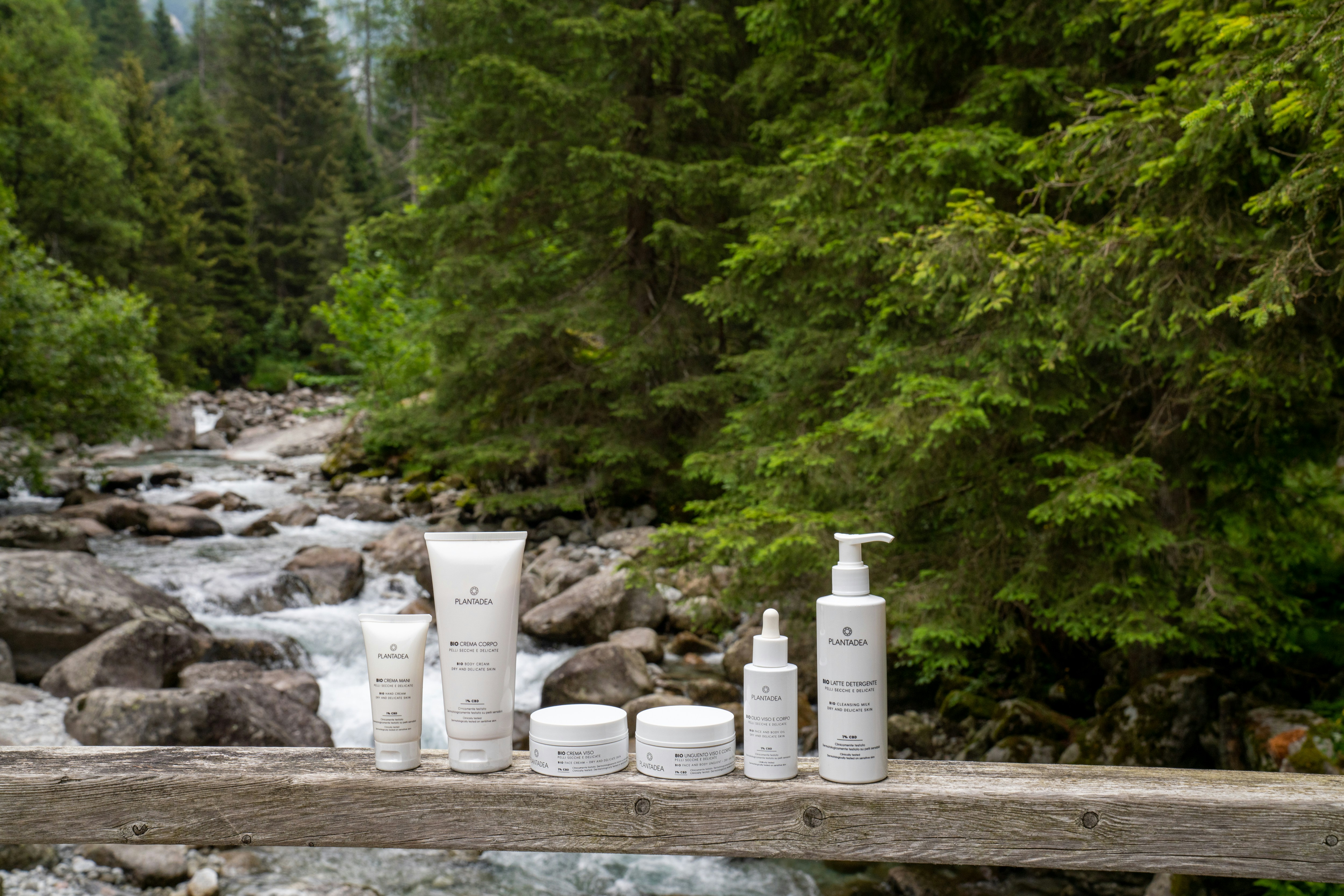Introduction to Retinol and Its Benefits
Retinol, a potent derivative of Vitamin A, has garnered significant attention in the skincare community for its remarkable ability to improve skin texture and overall appearance. This compound functions at the cellular level, facilitating the process of skin renewal by promoting the shedding of old skin cells and encouraging the growth of new, healthier cells. As a result, users often experience a more radiant complexion coupled with enhanced skin smoothness.
One of the most acclaimed benefits of retinol lies in its capacity to boost collagen production. Collagen is a vital protein that maintains the skin’s elasticity and firmness. As we age, our natural collagen levels decline, leading to the formation of fine lines and wrinkles. By incorporating retinol into a regular skincare regimen, individuals can help counteract these signs of aging, effectively reducing the appearance of wrinkles and leading to a more youthful appearance.
Moreover, retinol is known for its ability to even out skin tone and diminish hyperpigmentation. Through its exfoliating properties, retinol helps to fade dark spots and discolorations, resulting in a more uniform complexion. This benefit is particularly valuable for those struggling with acne scars or sun damage, as retinol promotes cellular turnover that aids in healing and regeneration.
While the advantages of retinol are widely celebrated, it is essential to incorporate this ingredient cautiously into one’s routine. Potential users should be mindful of possible side effects, including dryness, redness, and sensitivity, especially during initial applications. It is often recommended to start with lower concentrations of retinol and gradually increase usage to minimize these effects. Consulting with a dermatologist before beginning a retinol regimen can provide tailored advice based on individual skin types and specific concerns.
Top 3 Retinol Products Reviewed
In recent years, retinol has taken center stage in the skincare industry, known for its anti-aging properties and ability to enhance cell turnover. There are numerous retinol products available, but we have narrowed down the top three for in-depth examination: SkinCeuticals Retinol 0.5, The Ordinary Retinol 1% in Squalane, and Olay Regenerist Retinol 24 Night Moisturizer.
First on our list is SkinCeuticals Retinol 0.5. This potent formulation contains a 0.5% concentration of retinol that targets multiple skin concerns, including fine lines, uneven texture, and enlarged pores. SkinCeuticals is recognized for its focus on scientifically backed ingredients, and their retinol product is no exception. It not only promotes skin renewal but also helps to improve skin firmness. The lightweight cream absorbs quickly and is recommended for nighttime use to optimize results.
Next, we have The Ordinary Retinol 1% in Squalane. This affordable yet effective serum combines a 1% concentration of retinol with squalane, a hydrating oil, making it suitable for those with dry skin. The formulation aids in reducing the appearance of wrinkles and enhancing skin radiance. Given its minimalist approach, The Ordinary allows users to integrate this retinol product into their existing skincare routines without overwhelming the skin. Its lightweight texture ensures easy absorption, contributing to overall skin health.
Finally, the Olay Regenerist Retinol 24 Night Moisturizer effectively combines the power of retinol with a moisturizing formula to nourish the skin overnight. This cream is well-positioned in the market as a daily-use product that addresses signs of aging while ensuring hydration, making it ideal for sensitive skin types. It uses a unique blend of retinol and niacinamide, delivering strong anti-aging benefits without excessive irritation.
In summary, each of these top retinol products showcases different strengths, from varying concentrations of retinol to unique formulations aimed at tackling specific skin issues, thereby catering to a wide range of skincare needs.
Detailed Ingredient Breakdown of Each Product
When selecting retinol products, understanding their ingredient composition is crucial for determining their effectiveness and suitability for different skin types. The top three retinol products on the market each employ unique formulations that include retinol concentrations alongside various complementary ingredients.
The first product features a retinol concentration of 0.5%, paired with hyaluronic acid and peptides. Hyaluronic acid is revered for its ability to hydrate the skin, providing moisture that can alleviate the potential drying effects of retinol. Peptides, on the other hand, are essential for skin barrier support and promote collagen production. Together, these ingredients work synergistically, allowing for an effective treatment that minimizes irritation and enhances skin texture.
Another standout product contains a 1% retinol concentration, enhanced by a blend of antioxidants such as vitamins C and E. These antioxidants help protect the skin from environmental stressors, which is vital as retinol can make skin more sensitive to sun exposure. By incorporating these vitamins, this product not only aids in skin renewal but also offers an added layer of protection, keeping the skin looking youthful and vibrant. Potential irritants, such as alcohol or strong fragrances, are notably absent, making this product suitable for a broader range of skin types.
The third product highlights a lower retinol concentration at 0.2% but includes a range of botanical extracts that provide additional anti-inflammatory benefits. Ingredients like green tea extract and niacinamide work together to soothe the skin, addressing redness and irritation that might arise with retinol use. These supportive ingredients are critical, especially for individuals with sensitive skin, as they help balance the effects of retinol, ensuring a gentle yet effective regimen.
Overall, understanding the detailed ingredient compositions of these retinol products reveals how various elements contribute to their skin-enhancing capabilities. By considering the synergy of retinol with supportive ingredients and being aware of potential irritants, consumers can make more informed choices tailored to their skincare needs.
Conclusion and Recommendations
Throughout this blog post, we have explored the exceptional benefits of retinol, a clinically proven ingredient renowned for its transformative effects on the skin. By delving into various retinol products available on the market, we highlighted their unique formulations and how they effectively address diverse skin concerns. The products discussed not only exemplify the potency of retinol but also demonstrate the importance of choosing the right formulation tailored to individual skin types.
For individuals with sensitive skin, it is advisable to start with lower concentrations of retinol to avoid irritation. The products formulated specifically for sensitive skin types provide a gentle introduction to retinol use. On the other hand, those with oily or acne-prone skin may benefit from formulations that incorporate additional acne-fighting ingredients alongside retinol, enhancing their effectiveness in controlling breakouts while improving skin texture.
Moreover, individuals dealing with signs of aging may opt for retinol products that combine hydrating elements, ensuring that skin remains moisturized and supple during treatment. It is imperative to recognize that everyone’s skin reacts differently; thus, consulting with a dermatologist before incorporating retinol into one’s routine is highly recommended. This step can provide personalized guidance regarding concentration and frequency of use.
As a vital reminder, using retinol necessitates diligence, particularly in sun protection. Daily application of broad-spectrum sunscreen is essential to protect the skin from UV damage, as retinol can increase sensitivity to sunlight. Complementary skincare practices, such as regular exfoliation and moisturizing, can further enhance retinol’s results, leading to optimal skin health.
With informed choices and patience, the incorporation of retinol into a skincare regimen can yield impressive results, significantly improving the skin’s appearance and texture over time. Make an educated choice based on the discussed recommendations, and enjoy the journey toward healthier, radiant skin.



